Rivesaltes
Just north of Perpignan in southeast France about fifty kilometres from the Spanish border, the french army established a military base in an area called Rivesaltes. The camp was also called Joffre after the French general Joseph Joffre (1852 – 1931) who was born in Rivesaltes. Because of its proximity to the Spanish border, it served as a detention camp for Spanish refugees fleeing the Spanish civil war. In connection with the outbreak of the war in 1939, the camp again became a military base, but in 1940 it yet again became a refugee camp for Spanish refugees from Franco’s Spain. After France’s surrender and partition in June 1940, the camp lay in the free zone under the control of the Vichy regime.
At 05:00 on the morning of August 26, 1942, extensive round-ups were conducted in southern France in search of foreign Jews. The round-ups were conducted by French police and gendarmes and Rivesaltes became a transit camp for arrested Jews. Between August and October 1942 about 1700 Jews were deported from Rivesaltes to Drancy on the outskirts of Paris and then on to Auschwitz or Sobibor. After the Free zone was occupied in November 1942, the transit camp was dismantled and became a military camp for the german army. The Germans left the camp in August 1944 and between that month and 1948 the french used it as a detention camp german and italian prisoners of war. Between 1986 and 2007, the camp served as a refugee camp for people who had illegally fled to France.
Current status: Partly preserved/demolished with monument (2011).
Address: Chemin de Tuchan à Sainte-Marie, 66600 Rivesaltes.
Get there: Car.
Follow up in books: Weisberg, Richard H: Vichy Law and the Holocaust in France (1998).
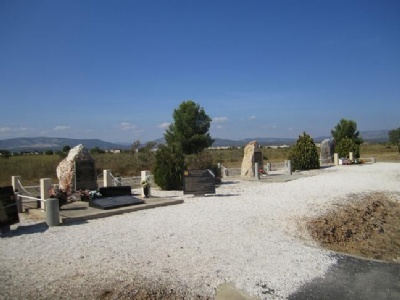
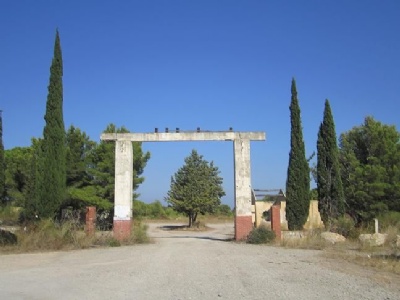
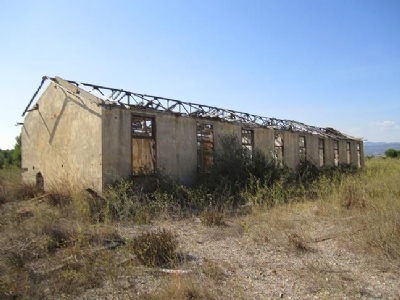
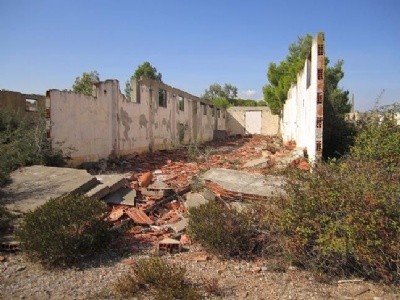
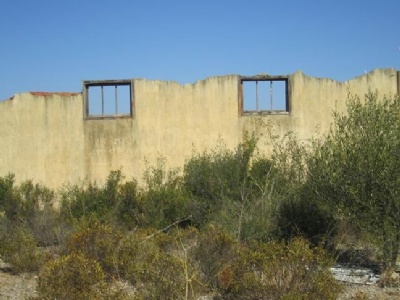
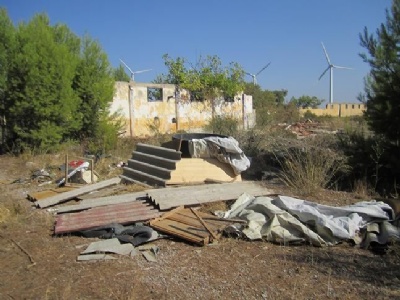
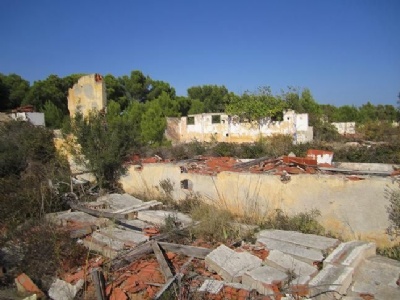
After the camp was dismantled in 2007, it has decayed but has been declared a cultural-historical land and a museum will perhaps be built alongside the monuments. Given the long existence of the camp, the barracks must of course have undergone some renovations and changes over time. Part of the camp is inaccessible but a large part can be visited around the clock. The barracks look the same and are spread out over a large area and it if one doesn’t watch out, you might get lost. The barracks are as I said in poor condition and there is rubbish and other debris in the area so you should be careful, especially when entering the barracks. In addition to all the debris, there are also open wells that can be difficult to detect. Rivesaltes is located in a rather barren landscape with elements of mountain desert. It is thus vastly different from the environment that exists in the rest of Europe and in this way it becomes actually problematic to associate the place with the crimes of Nazism.